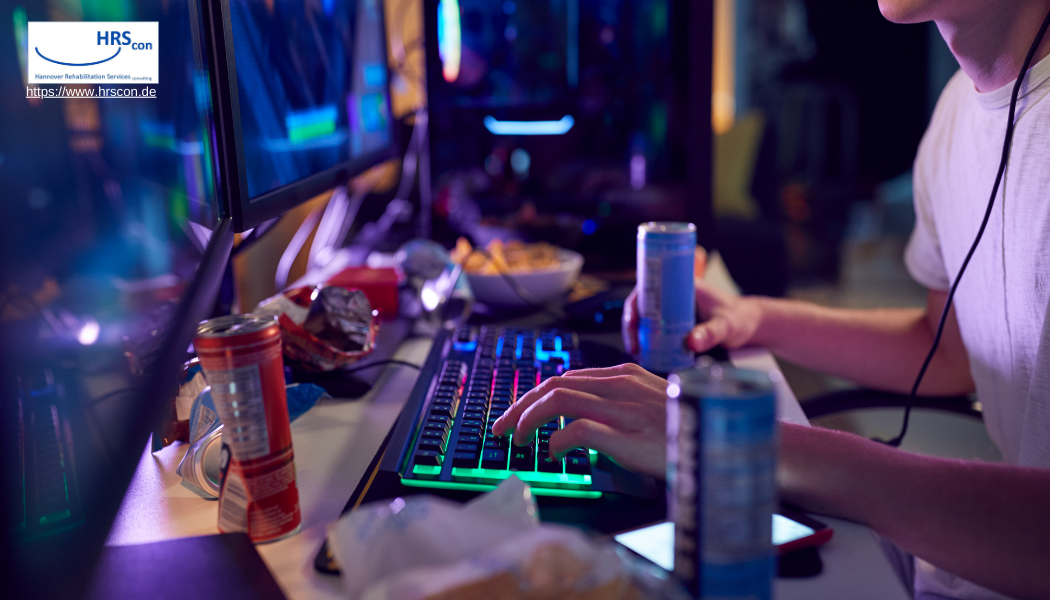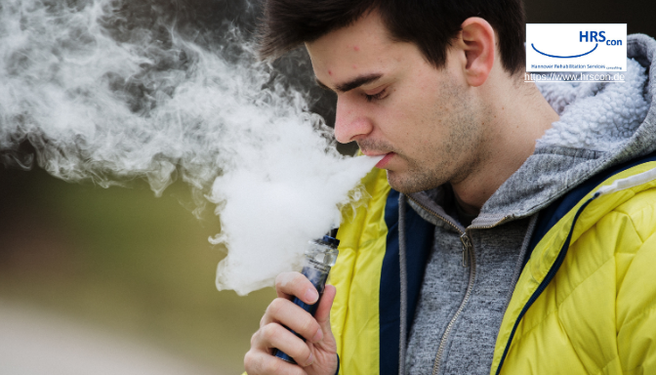Caffeine might be the secret weapon for adults burning the midnight oil, but for teenagers, it’s proving to be a double-edged sword. A recent study conducted in South Korea highlights a growing concern: excessive consumption of high-caffeine energy drinks significantly increases the risk of anxiety among adolescents. With energy drinks marketed aggressively and academic stress at an all-time high, this issue is more relevant than ever
The Study at a Glance
The study, published in Nutrients, analyzed data from over 46,000 teenagers as part of the Korea Youth Risk Behavior Web-based Survey. Researchers explored the relationship between caffeine consumption and symptoms of generalized anxiety disorder (GAD). The results revealed a stark pattern: teens consuming high levels of caffeine were up to 19% more likely to experience anxiety compared to their peers.
Key Findings:
| Variable | Adjusted Prevalence Ratio (aPR) | Implication |
|---|---|---|
| Excessive caffeine consumption | 1.19 (males), 1.14 (females) | Higher anxiety levels in teens. |
| Sleep duration ≤6 hours/night | 1.29 (males), 1.20 (females) | Caffeine-linked anxiety exacerbated by poor sleep. |
| Perceived high stress levels | 8.10 (males), 8.40 (females) | Stress amplifies caffeine’s impact on anxiety. |
Why Teens Are at Risk
Adolescence is a period of rapid physical, mental, and emotional development. This makes teenagers especially vulnerable to the effects of caffeine, a stimulant that impacts the nervous system. High caffeine intake, often from energy drinks, has become a norm among students juggling academic pressures.
What Are Teens Drinking?
The high-caffeine drink market is dominated by products like energy drinks and coffee-infused beverages. Here’s how the numbers stack up:
| Drink Type | Average Caffeine Content | Teen Appeal |
|---|---|---|
| Energy Drinks | 100 mg per can | Quick energy boost for studying. |
| Coffee Beverages | 58 mg per serving | Perceived as more “adult” drinks. |
| Energy Shots | 200+ mg per shot | Extreme caffeine for intense focus. |
The Link Between Caffeine and Anxiety
Caffeine stimulates the release of adrenaline, the hormone responsible for the body’s fight-or-flight response. While this can temporarily enhance focus, frequent consumption leads to overstimulation of the nervous system. For teenagers, this means:
- Increased Anxiety: Adolescents with high caffeine consumption scored consistently higher on the GAD-7 anxiety scale.
- Sleep Disruption: Reduced sleep quality exacerbates anxiety symptoms.
- Academic Stress: Caffeine creates a vicious cycle—teens use it to stay awake, but it worsens their ability to cope with stress.
The Role of Sleep
One of the study’s most concerning findings was the interplay between sleep deprivation and caffeine. Teenagers sleeping fewer than six hours per night had the highest anxiety risk. Poor sleep worsens the body’s ability to metabolize caffeine, further intensifying its negative effects.
A Global Issue
The South Korean study mirrors trends observed worldwide. In the United States, energy drink consumption among teens has risen sharply, with 30% of adolescents consuming them regularly. Similar patterns have been documented in Europe and Asia. Globally, caffeine consumption among young people is a rising public health concern.
Recommendations for Parents and Policymakers
- Regulate Marketing: Limit advertisements targeting teens, especially for energy drinks.
- Set Limits: Encourage teens to cap caffeine intake at 100 mg per day—about one small coffee.
- Promote Alternatives: Introduce healthier options like herbal teas or natural fruit juices.
- Educate on Effects: Schools should include the dangers of excessive caffeine in health curriculums.
What Teens Can Do
For teenagers, moderation is key. Here’s how they can manage caffeine consumption:
- Track Intake: Be aware of how much caffeine you consume daily.
- Avoid Late-Day Caffeine: Stop consuming caffeinated drinks at least six hours before bedtime.
- Choose Healthier Habits: Swap energy drinks for water, and rely on a balanced diet and adequate sleep to maintain energy levels.
Final Thoughts
The rising popularity of high-caffeine drinks among teenagers is a ticking time bomb for mental health. As parents, educators, and policymakers, we must recognize the hidden dangers of this stimulant and act swiftly to mitigate its effects.
For teenagers, caffeine might feel like a quick fix for exhaustion and academic stress, but the long-term consequences are far from trivial. It’s time to rethink what fuels our youth.




